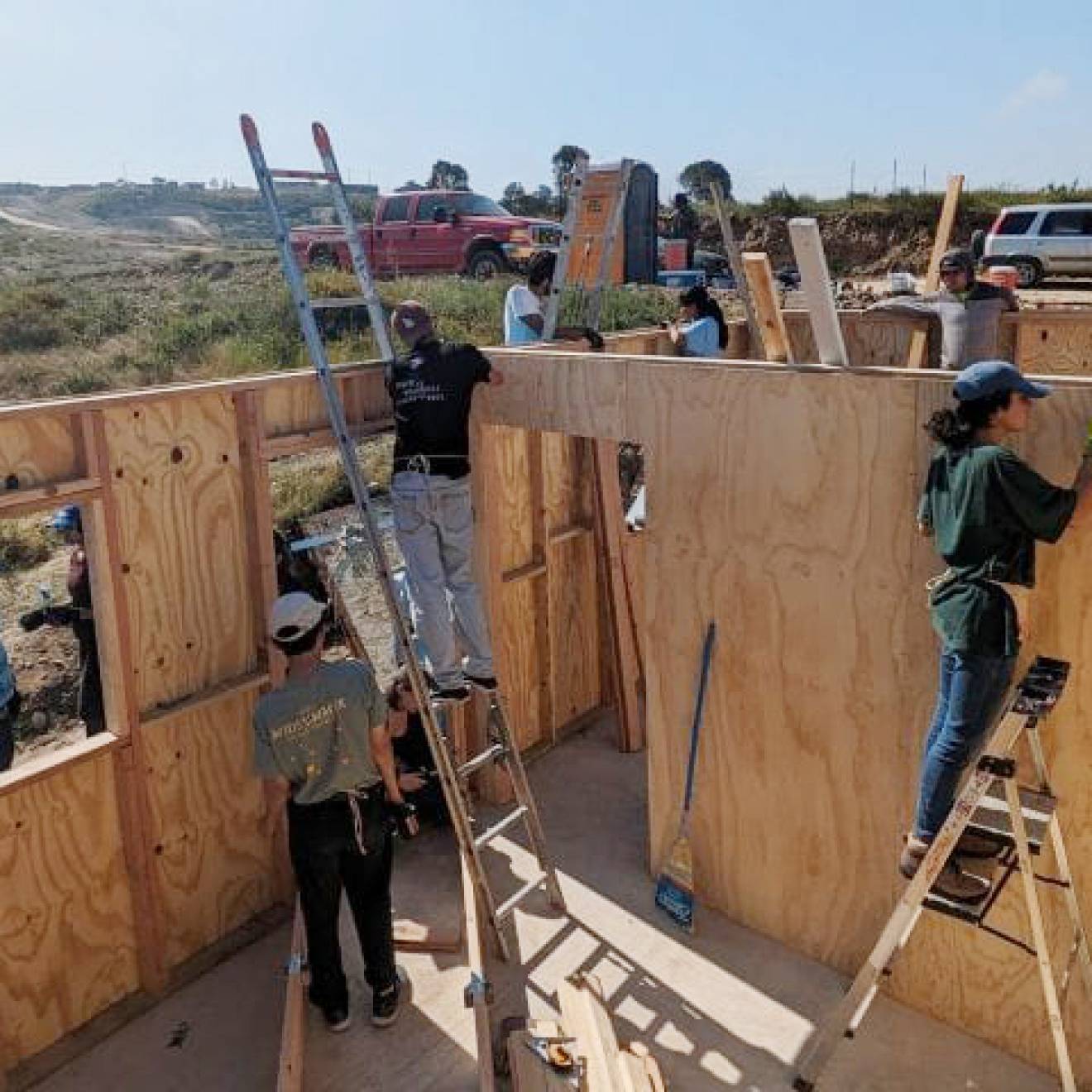Alina Tugend, California Magazine
When Gabriela Ledezma was accepted at UC Berkeley as a transfer student from Rio Hondo Community College in Whittier a few years ago, she was delighted. Her family, not so much.
“My mom said, why don’t you just go to Cal State LA — it’s just down the street,” she recalls. But Ledezma knew what she wanted to do and is now a senior at Berkeley, with a double major in psychology and legal studies.
Ledezma, 23, was born in Mexico and came to California with her family when she was 3; she currently has a student visa. She always knew that her parents put a high priority on education, even though neither had attended college. Her father, a construction worker, didn’t go to school after the sixth grade. Her mother managed to get her GED in the United States. Two older sisters briefly attended community college, but married at 20 and didn’t finish. That wasn’t the route Ledezma wanted to take.
She was encouraged and discouraged by her family at the same time. Her parents liked that she was diligent, but didn’t see why she needed to be involved in Rio Hondo’s student government or to participate in sports and clubs. “My father’s understanding was that at 18 years old, you go to school, you go to work to help with the rent, you come home and you help with dinner,” she says. “His mentality was short-term, because it had to be. I was thinking long-term.”
Ledezma’s experience is not unusual for first-generation students — those students whose parents didn’t attend college. Many receive these kinds of mixed messages from home and friends. Parents express both pride that their child will excel and fear that they’ll evolve into someone the family no longer recognize.
The students themselves often feel that they just don’t understand what other college students seem to grasp intuitively. Such pressures, often combined with language barriers, poverty, and loneliness, mean these students are at greater risk of dropping out.

